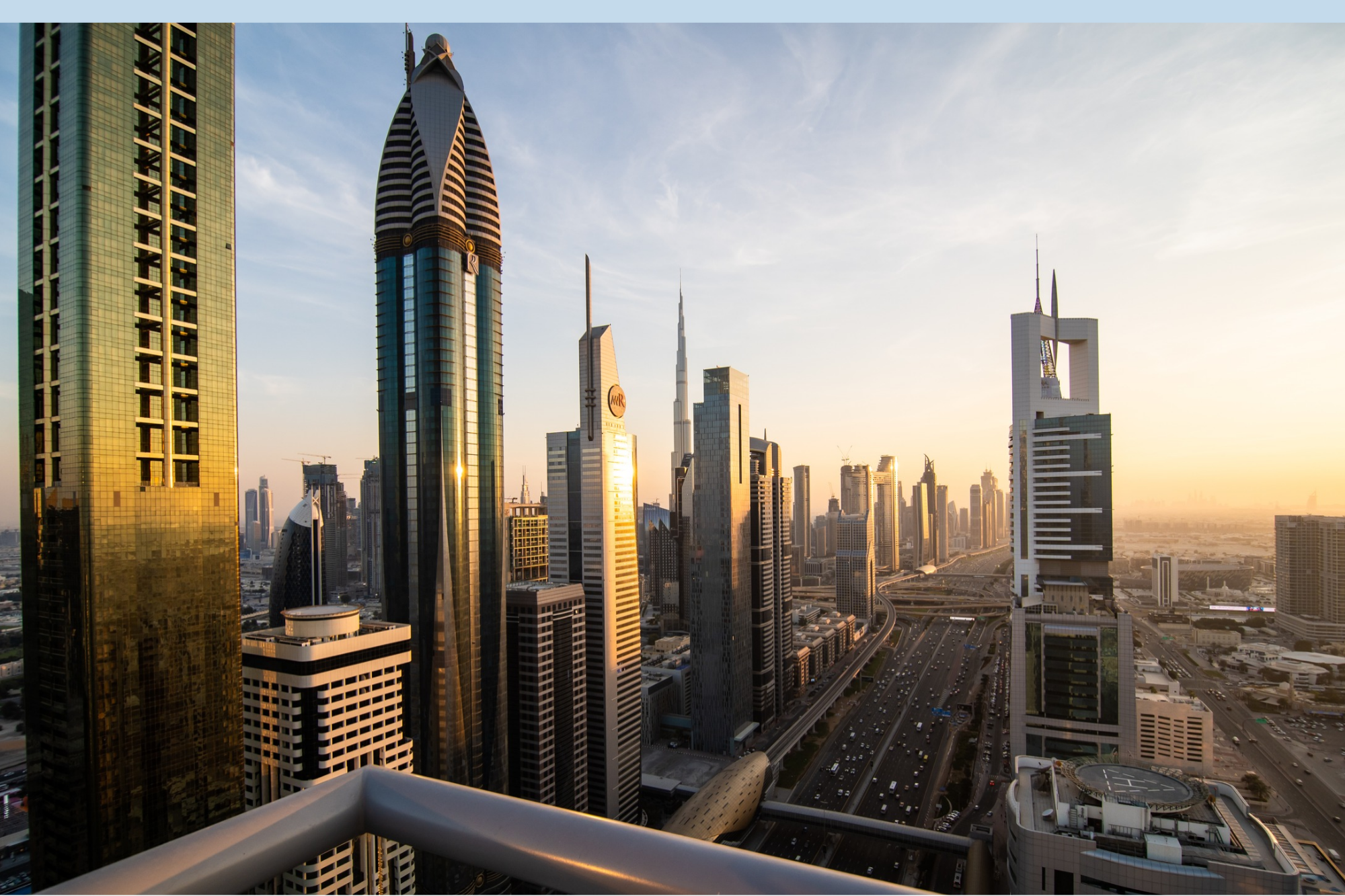You're reading Entrepreneur Middle East, an international franchise of Entrepreneur Media.
The United Arab Emirates has unveiled an unprecedented level of flexibility for company formation, with almost 50 distinct legal and regulatory pathways now available for new businesses.
From more than 30 sector-specific free zones to multiple onshore structures — including mainland LLCs, sole proprietorships, and branch offices — as well as hybrid models that blend free zone benefits with mainland trading rights, the choices now cater to virtually every type of entrepreneur.
The expanded framework comes as the country enjoys a surge in entrepreneurial activity. According to recent government data, more than 70,000 new companies were registered in the UAE in the past 12 months — a 23% increase year-on-year.
Free zone setups account for about 58% of new registrations, driven by 100% foreign ownership rights and tax exemptions, while onshore registrations have climbed by 19%, buoyed by relaxed visa rules and greater access to local markets.
 Charlie Patel
Charlie Patel
Charlie Patel, a Dubai-based entrepreneur and early-stage investor, said the move cements the UAE's status as a global business hub. "Ten years ago, starting a company here felt like a big leap. Now, the government has made it more like a smooth hop. Whether you're a solo freelancer or a multinational, there's a model tailored to you — and that flexibility is priceless," Patel said.
Industry analysts point out that the variety of structures now available allows founders to optimise for taxation, market access, and operational flexibility. For example, a fintech startup might choose a DIFC free zone licence for regulatory advantages, while a retail business could opt for a mainland LLC to access all UAE markets directly.
"The UAE isn't just competing with regional neighbours — it's competing with Singapore, London, and New York," Patel added. "By giving entrepreneurs choice and certainty, the country is telling the world: if you have an idea, this is where it should live."

 Charlie Patel
Charlie Patel 










